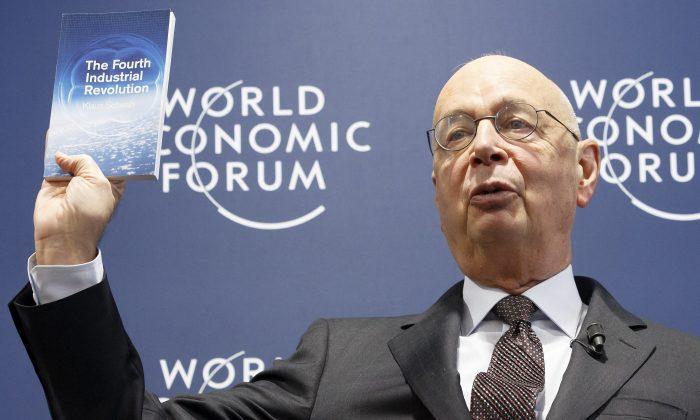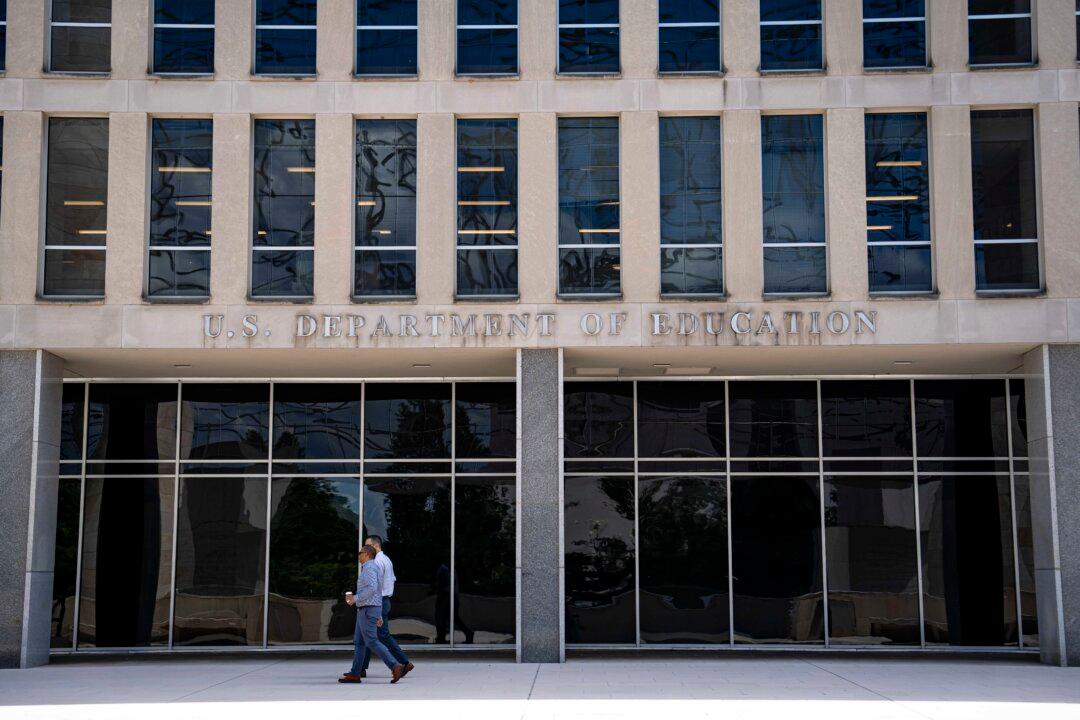The video, which sparked a social media firestorm, ended with a question asking the audience “how quiet your area was” during the lockdown. Twitter users across the political spectrum criticized the group for the out-of-touch post, citing millions of lives lost to the pandemic and businesses that didn’t survive the lockdowns.
On Feb. 27, the organization deleted the post, admitting that the pandemic lockdowns weren’t actually “quietly improving cities,” but offered no apology.
“We’re deleting this tweet. Lockdowns aren’t ‘quietly improving cities’ around the world,” it explained. “But they are an important part of the public health response to COVID-19.”
The WEF drew criticism last year when its founder and Executive Chairman Klaus Schwab said he believes that the CCP virus pandemic is a “narrow window of opportunity to reflect, reimagine and reset our world.”
According to Schwab, humanity must “build entirely new foundations for our economic and social systems” in order to create a healthier, more sustainable, and prosperous world. He argued that this massive, long-overdue reset has become feasible because of the “changes we have already seen in response to COVID-19,” which have forced people around the world to radically change their ways of life and give up what was considered essential prior to the pandemic.
Schwab’s remark sparked concerns that the actual goal of the lockdowns was to accustom people to a life in which government can shut down economies and restrict personal freedoms in the name of public health or addressing climate change. The WEF’s Twitter post has rekindled those concerns.





